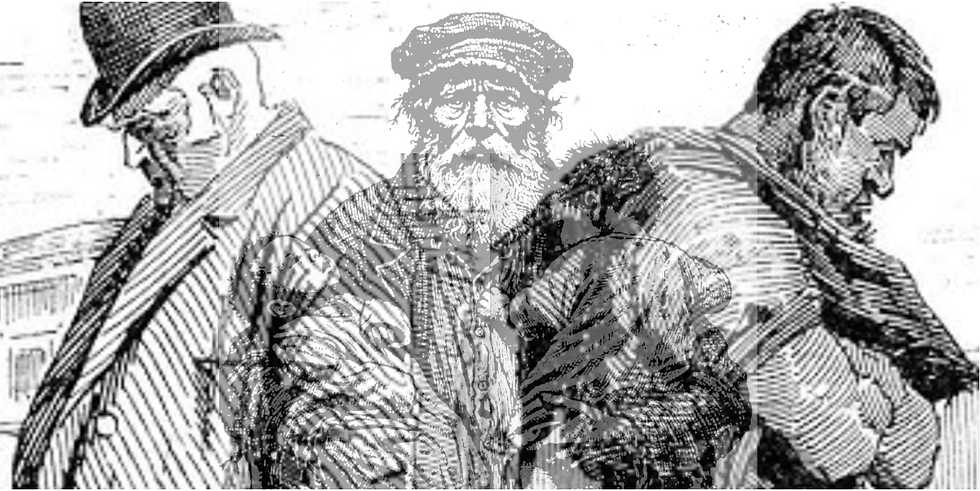“It's the story of a man who falls from a fifty-story building. On each floor, as he falls, he constantly repeats to reassure himself: ‘so far so good’, ‘so far so good’ [...] but it is not the fall that counts, it's the landing”, first words of the cinematic masterpiece “La Haine'', which left its mark on several generations in the world, regarding the impacts of social exclusion in the French suburbs (Le Parisien, n. d. ). And though this reflection is not about suburbs, it is actually interesting to keep in mind this beautiful quote until the end.

Before engaging the values and emotions point, by illustrating it with an existing example, it is worth mentionning a classical illustration of psychology and personal development, often used to explain the influence of the environment on personality. "Two brothers, raised by a poor, alcoholic and violent father, take opposite paths: one reproduces his father's mistakes (taking him as an example), the other avoids them and succeeds both financially and psychologically (taking him as a counter example)", illustrating that our choices, and not our past, determine our future.

As far as I'm concerned, my FB allowed me to witness, some inductions/generation of new principles and values, as well as their impact on the overall company's management. Maybe the best example is my father's one, who graduated early, and quickly partcipated in his father's new company creation (which almost became the main familly activity until now). Hand by hand, they built the company (olives, capers and apricots exports), expended it, innovated, invested more, created brands, gained new markets, new continents, etc, But inspired and influenced by his own grandfather, he quickly overgained confidence, and, driven by his own current success experiences as well as past generation ones, got himself to bet too high on some investments, resulting in his first professional mistakes. This mistake happened to have occured right in the time his two little brothers grew up, which means it represented their first moral lessons to have. Since then, my father cooled down, and his brothers who started working, never developped expensions appetites. That is one example of how a company can switch from entrepreneurship management to stagnant bureaucracy. Both older owners of the group (father and grandfather) stoped developping, and both younger never started.
Now like his late Majesty the previous King of Morocco once said, "They didn't put on the right lenses to read their text", and like he also said, "I am a man of principle, but not of position". The principle in this case would be to learn from the mistake, to reassess and reevaluate the calculation methods before investments, or perception of market risks. While the position (not to take), would be to stop thinking of trying (pretty obvious). As for the right lenses to put on, it would be ones allowing to understand which example is a one to follow, not to follow, or to follow with adjustements. Because if not loosing in the present, a prolonged stagnation can only lead to loosing in gen 3, and as we already established, "it is not the fall that counts, it's the landing".




I love the way you wove in that quote from La Haine—it immediately set a powerful tone. Your story brings real depth and emotional insight, especially how personal experience shaped your view on risk and stagnation. I’d encourage you to link this even more clearly to family business theory—maybe bring in the idea of entrepreneurial legacy or risk culture across generations.